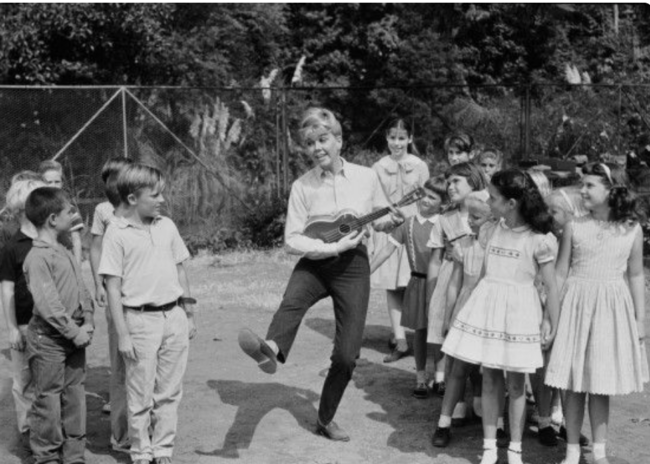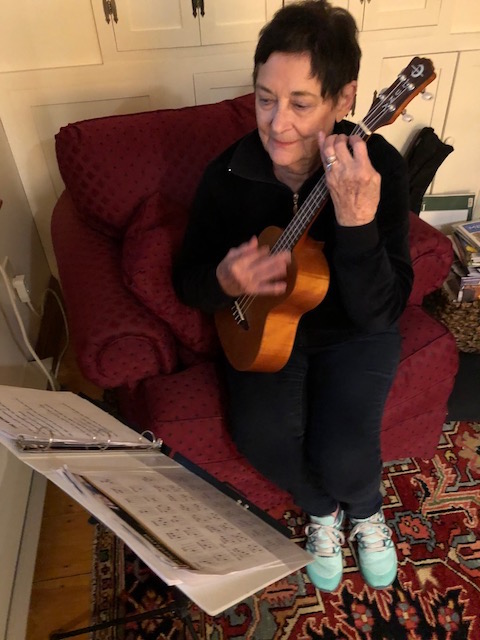Guest Post by Martha Rice
You wake up one morning, and it’s back. You don’t know why. Things have been going along pretty smoothly. But on this morning, you wake up and for no apparent reason, you don’t have the spirit to get out of bed.
You are suffering from a condition that I call “nameless depression,” a debilitating feeling without an explicit cause. Sleep sounds like a good idea. But “nameless depression” is a daunting foe. No sleep rescue for you. Just that dead feeling and the steady, slow rhythm of hopelessness that accompanies the deadness.
I am a rational human being. A woman who has had a successful career and who has recently co-authored a memoir with four other writers. I have lots of interests and can amuse myself. I do Tai Chi and swim regularly. I love to draw and paint. I love to go to museums and the theatre. I am happily married with children and grandchildren. How could this be happening to me? And what could I do about it?
I searched for causes, but eventually, I concluded that even if I could identify a cause, the knowledge wouldn’t alleviate the overwhelming sense of hopelessness that invaded my spirit when “nameless depression” set in. I decided to work on finding a solution to the problem instead of analyzing the cause.
Now, this may sound silly, but I found my way out of the clutches of “nameless depression” by learning to play a ukulele.
This isn’t a joke, and I think it’s a lesson that might be beneficial to us all. I don’t mean that playing the ukulele is the only way to fight off “nameless depression,” but learning to do something new can lift us out of the doldrums and change our perspective on what we are capable of doing.
In a sense, a new skill can bring the melody back into our lives.
First off, let me say that I am not a natural musician, so learning to play the ukulele was not something that would have occurred to me, but I kept hearing from friends that learning to play the uke was a great experience. I had to try it, they said. Finally, I succumbed to their urging and here’s what I discovered.
There are a fair number of songs that can be played by mastering only one or two chords. You can actually play something that sounds good in a short time. You do need to train your mind to remember where to place your fingers to get the right sound, however, and this requires practice. And practice requires that you discipline yourself by setting aside time to give yourself over to the ukulele, but once you’ve started, it seems natural to stick with it.

Doris Day in the film, “Please Don’t Eat the Daisies” demonstrating the joyful appeal of the ukulele
I began by practicing a little each day. As you become more adept, you need to move smoothly and swiftly from one chord to the next.
I realized that while I’d been practicing, “nameless depression” had left the room.
When my friends who had suggested the ukulele to me suggested that I might want to join one of the local ukulele groups, I jumped at the chance. There are tons of ukulele groups around, and they love to have new people join, so besides mastering a new skill that satisfied me, I gained new friends.
Although the ukulele has put the melody back into my own life, I’m not suggesting it as a cure-all for everyone. I do believe, however, that each of us can do a lot to defeat whatever “nameless depression” we experience by discovering and mastering a new skill—a song to create new excitement in our lives—a melody to linger on.
 Martha received a bachelor of arts degree from Middlebury College and earned two masters degrees in theatre and English. She taught speech and English at San Joaquin Delta College and the University of the Pacific in Stockton, California. While teaching ESL in the eighties, she co-authored a writing textbook for ESL students. She has published short fiction in a number of literary magazines and has recently co-authored a mother memoir with four other writers entitled Compassionate Journey: Honoring Our Mothers’ Stories .She was a finalist for the MWPA Drama Award in 2015 and 2018.
Martha received a bachelor of arts degree from Middlebury College and earned two masters degrees in theatre and English. She taught speech and English at San Joaquin Delta College and the University of the Pacific in Stockton, California. While teaching ESL in the eighties, she co-authored a writing textbook for ESL students. She has published short fiction in a number of literary magazines and has recently co-authored a mother memoir with four other writers entitled Compassionate Journey: Honoring Our Mothers’ Stories .She was a finalist for the MWPA Drama Award in 2015 and 2018.



